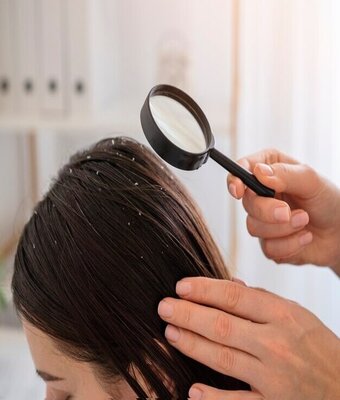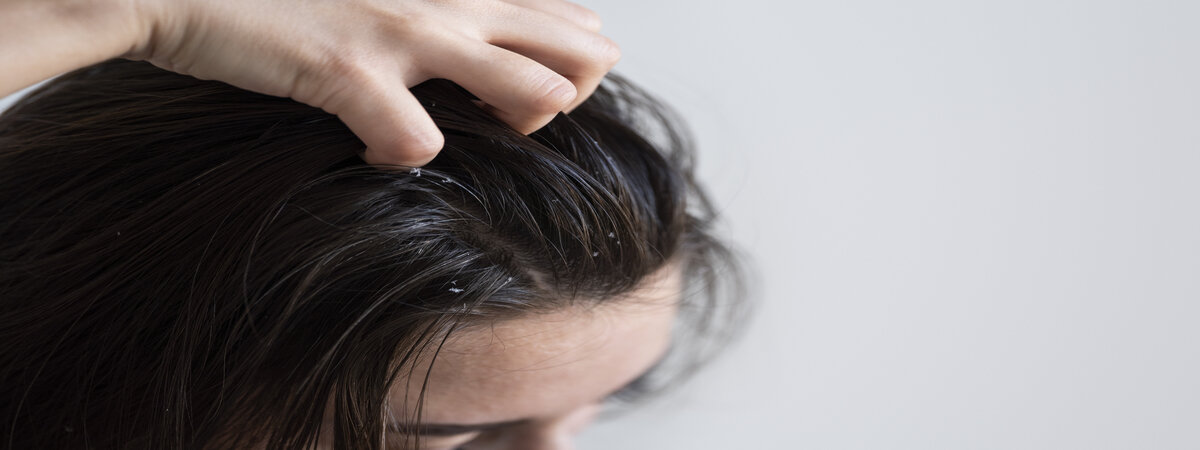
Understanding and Managing Excessive Dandruff
Excessive dandruff presents a challenging condition, arising when the scalp sheds an abnormal amount of dead skin cells, resulting in noticeable flaking. Although some flaking is considered normal, persistent and pronounced flaking accompanied by redness, irritation, or an itchy scalp qualifies as excessive dandruff. This condition can significantly impact one’s self-esteem and necessitates specialized treatment beyond conventional shampoos and over-the-counter products. Consulting with a hair dermatologist in London is recommended for effective management. This troublesome condition requires attention when the scalp sheds an abnormal amount of dead skin cells, leading to noticeable flaking. While some flaking is normal, chronic and pronounced flaking accompanied by redness, irritation, or an itchy scalp qualifies as excessive dandruff. This condition can significantly impact one’s self-esteem and requires specialized treatment beyond conventional shampoos and over-the-counter products.
Causes of Excessive Dandruff
The primary cause of excessive dandruff is the accelerated renewal of skin cells, resulting in an increased rate of shedding. Various factors contribute to this phenomenon, including common skin conditions such as seborrhoeic dermatitis. Excessive yeast development in the skin can make it greasy and itchy, leading to mild dandruff. Scalp ringworm (tinea capitis) and other skin conditions like psoriasis, eczema, and contact dermatitis can also contribute to the development of excessive dandruff.
Risk Factors for Excessive Dandruff
While dandruff can affect individuals of all ages, certain factors increase the likelihood of its occurrence. Individuals with oily skin, particularly young adults, are more prone to developing dandruff. Additionally, there is a correlation between neurological diseases like Parkinson’s and seborrheic dermatitis, making adults with such conditions more susceptible to excessive dandruff. People with HIV infection or compromised immune systems from other illnesses also face an increased risk.
Symptoms of Excessive Dandruff
Excessive dandruff is characterized by large, noticeable white flakes on the shoulders and clothing. Individuals may experience a dry and itchy scalp, along with a possible rash around the hairline and ears. Severe cases may manifest as skin irritation and a rash on the face. If standard dandruff treatments, such as specific shampoos and creams, yield no improvement, seeking the expertise of a dermatologist is recommended for further care.
Managing excessive dandruff involves understanding its causes, recognizing risk factors, and addressing symptoms effectively. Seeking professional care, particularly from our London dermatologists, may be necessary for those who do not experience relief through common treatments. This ensures a comprehensive approach to tackle this challenging condition with specialized expertise and personalized care.
FAQ
Can excessive dandruff be prevented?
While complete prevention may not be possible, adopting good scalp hygiene practices, using appropriate shampoos, and managing underlying skin conditions can help minimize the risk of excessive dandruff.
Are there lifestyle changes that can help reduce the severity of dandruff?
Yes, maintaining a balanced diet, managing stress levels, and avoiding excessive use of styling products can contribute to a healthier scalp and potentially reduce the severity of dandruff.
How long does it take to see improvement with professional dermatological care?
The timeline for improvement varies from person to person. Dermatologists may recommend a personalized treatment plan, and the duration for noticeable results can depend on the severity of the condition and individual response to treatment.
Are there specific haircare products that should be avoided?
Individuals with excessive dandruff may benefit from avoiding harsh haircare products that can irritate the scalp. Dermatologists often recommend mild, fragrance-free shampoos and conditioners.
Can children develop excessive dandruff, and how is it treated in younger individuals?
Yes, children can experience excessive dandruff. Treatment approaches for children may differ, and consulting with a pediatric dermatologist is advisable for proper evaluation and guidance.
Is excessive dandruff linked to hormonal changes?
Hormonal changes can influence skin health, and fluctuations may contribute to dandruff. Consulting with a healthcare professional, including dermatologists, can help address concerns related to hormonal factors.


